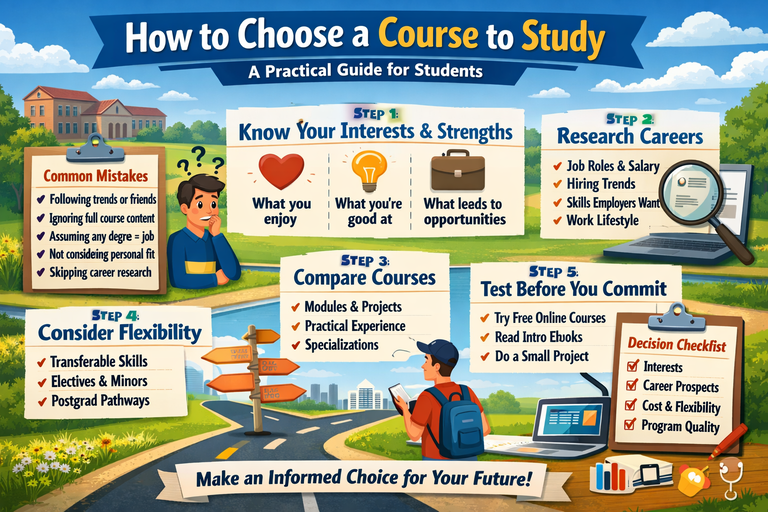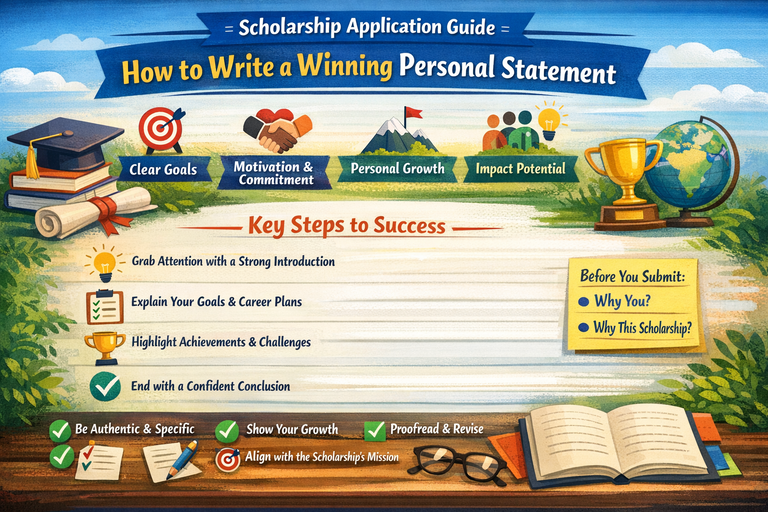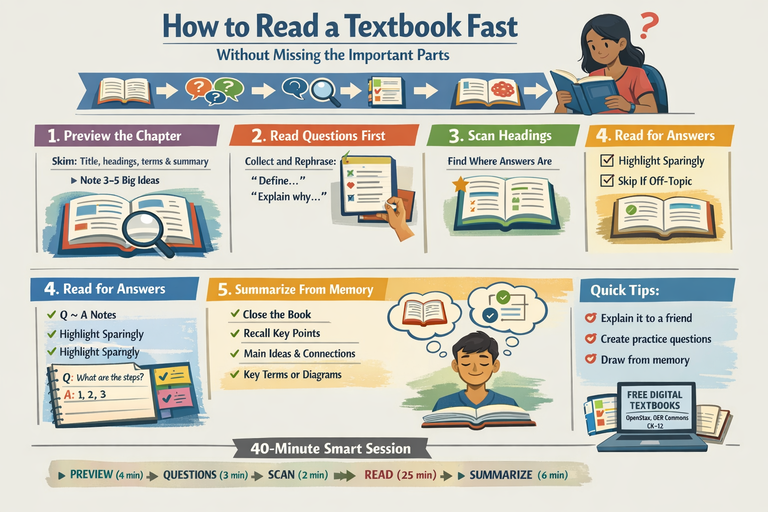How to Choose a Book Topic That Sells
Every author wants their book to be meaningful, but if your goal is also to earn income from it, you need to think beyond passion and consider the market. Choosing the right topic can mean the difference between a book that collects dust and one that finds eager readers and generates steady sales.
The process involves balancing your interests, expertise, and creativity with what the market actually wants to buy. This guide will walk you through how to find that sweet spot and choose a book topic that not only excites you but also sells.
1. Understand the Importance of Topic Selection
A great book isn’t just well-written — it’s well-positioned. Your topic determines your target audience, the competition you’ll face, your marketing strategy, and even your potential for sales.
Many first-time authors make the mistake of writing solely for themselves without considering whether there’s a market for their idea. While passion is important, publishing is a business, and in business, demand matters. A strong topic sets you up for both creative satisfaction and commercial success.
2. Identify Your Audience Before You Write
Before you decide on a topic, think about who you want to reach. Ask yourself: Who would buy this book? What problems do they have? What do they love to read? What’s missing from their bookshelf? A clear audience profile helps you create a book that speaks directly to their needs and desires. For example, if you’re writing non-fiction, your topic should solve a problem, answer a question, or fulfill a specific interest for a defined group of people. If you’re writing fiction, you should understand the preferences, tropes, and emotional hooks that resonate with your target genre.
3. Research What’s Selling in Your Niche
Market research is essential if you want to choose a book topic that sells. Browse bestseller lists on Amazon, Barnes & Noble, Kobo, or your preferred platform. Look for patterns: Are there recurring themes? Which subgenres are trending? What topics seem to dominate the top charts? For non-fiction, note what problems or interests are getting attention.
For fiction, identify popular story types, character archetypes, and settings. Pay attention to Amazon’s “Customers Also Bought” section, which reveals related books and genres readers are exploring. Tools like Publisher Rocket, Bookstat, or even Google Trends can help you track topic demand.
4. Balance Passion with Profitability
While chasing trends might seem like the fastest way to make money, it’s risky to choose a topic you have no interest in. Readers can tell when an author isn’t genuinely invested in their subject or story.
The key is to find a topic where your passion intersects with proven demand. For example, if you love cooking and research shows high demand for plant-based recipes, you could focus on “Quick and Easy Vegan Meals for Beginners.” It’s aligned with your interest and serves an existing, hungry audience.
5. Look for Gaps in the Market
One of the most effective ways to choose a book topic that sells is to identify gaps in the market. This means finding subjects or angles that are in demand but underserved. In non-fiction, this might be a sub-topic that hasn’t been covered in detail or a fresh approach to a well-worn subject.
In fiction, it could be a popular trope set in an uncommon time period, culture, or setting. Read reviews of similar books in your genre — often, readers will say what they wish had been included or done differently, giving you direct clues for your own book.
6. Test Your Idea Before You Write
Validating your topic before committing to a full manuscript can save you time and frustration. Share your idea with potential readers through surveys, social media polls, or email newsletters.
You can also test interest by writing blog posts, articles, or short stories on the topic to see how your audience responds. In non-fiction, creating a free resource (like a guide or checklist) on your topic and tracking downloads can show demand. If you have strong engagement or positive feedback early on, you’re likely on the right track.
7. Consider Longevity vs. Trends
Some topics have long-term, evergreen appeal, while others are trend-driven and may fade quickly. Evergreen topics — like personal finance, self-improvement, romance fiction, and classic fantasy — can generate steady sales for years. Trend-driven topics, like viral social media challenges or celebrity gossip, may offer quick wins but risk becoming irrelevant. Ideally, aim for a topic that has core evergreen qualities but also taps into current conversations for added momentum.
8. Think About Your Unique Selling Proposition (USP)
Your Unique Selling Proposition is what makes your book stand out from the competition. If you’re writing about a popular topic, how can you offer something fresh? This could be your voice, personal experience, unique research, or a creative twist on the content. For example, if hundreds of books exist on productivity, maybe yours focuses specifically on time management for parents of toddlers or remote workers balancing multiple side hustles. Your USP gives readers a reason to choose your book over others.
9. Align Topic with Your Author Brand
If you plan to write multiple books, think about how your chosen topic fits into your overall brand. Consistency builds trust and loyalty among readers. If your first book is a romantic comedy, your audience will likely expect more romance titles from you. If you write a business book, your brand should position you as an authority in that niche. While it’s possible to switch genres or topics, building a loyal following is easier when your topics are connected.
10. Factor in Marketing Potential
Some topics are inherently easier to market because they tie into existing communities, events, or trends. For example, a thriller set during a major historical event might appeal to both fiction fans and history buffs. A cookbook featuring gluten-free recipes can be promoted in health and wellness circles. Consider how and where you can market your topic before committing — this will influence your promotional strategy and the potential reach of your book.
11. Use Data, Not Just Gut Feeling
While instincts can be valuable, they should be backed by data. Analyze search volume, keyword competitiveness, and sales rankings to understand demand. Look at the average number of reviews in your topic area to gauge competition. High demand with moderate competition is ideal, while low demand with high competition is a red flag. Platforms like Amazon KDP, Goodreads, and even TikTok (BookTok trends) can provide valuable insight into what readers are actively discussing and buying.
12. Don’t Overthink — But Do Plan
Many authors get stuck in “analysis paralysis,” endlessly researching topics without starting their book. Remember, there’s no such thing as a guaranteed bestseller. The goal is to choose the best possible topic with the information you have now, then commit to executing it well. A well-written, professionally presented book on a solid topic will always have a better chance of selling than a rushed book on a hot trend.
13. Be Ready to Adapt
Markets change. A topic that’s in demand today may cool down in a year. The advantage of being an indie author is that you can adapt quickly — writing sequels, spin-offs, or related books to build on momentum or pivot to emerging trends. Choosing a topic is just the first step; your long-term success depends on staying flexible and responsive to reader interests.
Conclusion
Choosing a book topic that sells requires a mix of passion, market research, and strategic thinking. By understanding your audience, analyzing what’s selling, identifying market gaps, and testing your ideas, you can greatly increase your chances of writing a book that both you and your readers love.
Remember, the most successful topics are those that excite you as a writer while also delivering value to readers. Write with purpose, publish with strategy, and keep learning from the market — because the right topic, executed well, can turn your book into both a creative accomplishment and a commercial success.









